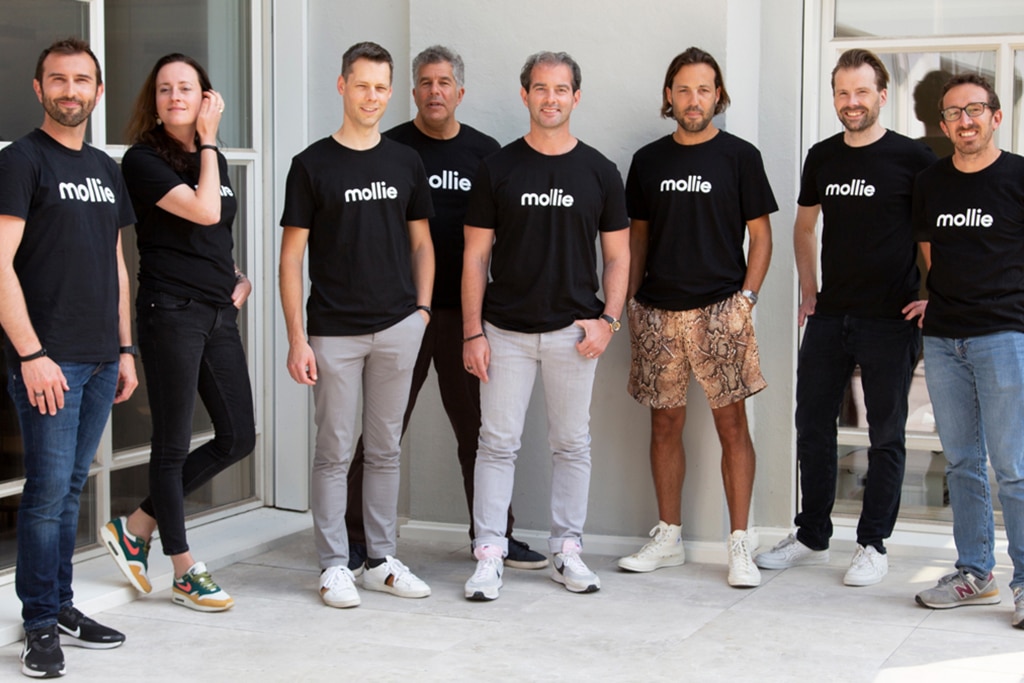
Oluwapelumi is a believer in the transformative power Bitcoin and Blockchain industry holds. He is interested in sharing knowledge and ideas. When he is not writing, he is looking to meet new people and trying out new things.
Mollie is acting in contrast to its American rivals by focusing on small businesses in Europe.

Mollie, a payment processor, based in Amsterdam, has become a new fintech “unicorn.” As of September last year, the little-known online payment processor is now worth over $1 billion, just over a decade after its launch in 2004 by Dutch entrepreneur, Adrian Mol.
On Tuesday Mollie revealed that it raised $800 million during a financing round, increasing the company’s worth to over $6.5 billion and earning it a place as the third-largest fintech unicorn in Europe after competitor, Checkout.com.
Mollie founder stated in a report that the company was initially a text messaging business. Before integrating the payment system, “the company originally got its start as a text messaging business, but soon pivoted to payments after trying to integrate its system for clients to pay their invoices.”
Shane Happach, who is the new CEO of Mollie, while commenting on the company’s funding, noted that for years it stuck to growing organically before extending it to external financing in 2019 and 2020, $100 million in a round led by growth-stage tech investor, TCV.
According to a report, its latest funding round, “Series C was led by Blackstone’s growth equity investing unit. EQT, General Atlantic, HMI Capital, and Alkeon Capital also invested.” The funding aims to expand internationally, both within Europe in countries like the U.K., and other regions like Asia and Latin America.
There has been growing competition among fintech giants in recent years, such as Stripe, Square, and Adyen, each battling to have the largest share in the $2 trillion markets.
Mollie is acting in contrast to its American rivals by focusing on small businesses in Europe. According to Mollie, “A lot of the bigger players in online payments come out of the US, like PayPal,” Happach said. “Even Visa and Mastercard are US companies. A lot of investors don’t have a bet on Europe,” added he.
As per a report by CNBC, the firm’s service “is more localized than Stripe’s and not targeted at enterprise clients, unlike Adyen and Checkout.com. Onboarding smaller merchants requires “complex” compliance checks, which some competitors don’t want to focus on.”
Last week, the French president hoped that by 2030, Europe would produce 10 companies worth 100 billion Euros. Currently, the continent’s start-ups have raised over 45.9 billion, far above the 2020 investment.
Mollie’s Shane Happach shares the same view when he says they are “trying to build a $100 billion company”. They “know that takes a long time. It’s capital-intensive.”
Paul Morrissey, Blackstone Growth’s European investing lead, in a statement, said “this investment underlines Blackstone’s confidence in Europe as a place for high growth companies to thrive.”
Read other fintech news on Coinspeaker.
Disclaimer: Coinspeaker is committed to providing unbiased and transparent reporting. This article aims to deliver accurate and timely information but should not be taken as financial or investment advice. Since market conditions can change rapidly, we encourage you to verify information on your own and consult with a professional before making any decisions based on this content.

Oluwapelumi is a believer in the transformative power Bitcoin and Blockchain industry holds. He is interested in sharing knowledge and ideas. When he is not writing, he is looking to meet new people and trying out new things.